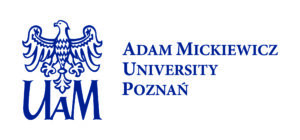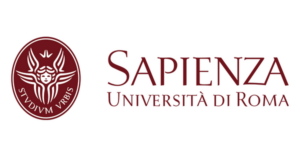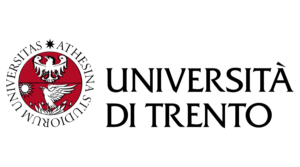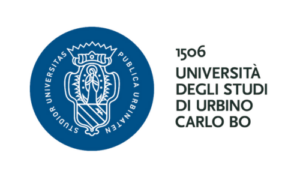It is important to note that the Adam Mickiewicz University in Poznan, and later Szczecin University have made a significant contribution to the development of the theory of conventional acts in the general theory of law, and especially proved its application in dogmatics. Many scholars from these research centres have contributed to this topic (S. Czepita, Radwański, B. Janusz-Pohl, L. Pohl, J. Wieczorkiewicz-Kita, K. Gmerek). Nevertheless, one shall observed that the works of Czeslaw Znamierowski and those of Zbigniew Ziembinski and Maciej Zielinski laid the foundations of this concept. Other scholars, such as Wojciech Patryas, Leszek Nowak and Stanislaw Czepita, played an important role in its development.
In Italy the concept found some development in the philosophy of law field, where some scholars focused on “creative” norms of juridical facts (which are called, indeed, “constitutive” (C. Roversi, G. Carcaterra, A.G. Conte, L. Ferrajoli).
The preliminary research carried out by AMU and SAPIENZA has shown that the concept of conventionalisation and formalisation of acts could be useful in explaining issues within the Italian criminal system. The next natural step is to determine whether this approach is applicable within the existing Italian Criminal Procedure Code and how far its implementation is possible. This question is raised by the mere fact that the organisation of the criminal procedure in the two countries is very different. The Polish system can be considered to be a mixture of the two, with the dominance of the inquisitorial mode. On the other hand, the Italian system, which is the most common among continental criminal law systems, is dominated by the accusatorial principle.
Consequently, the performers plan to confront the Polish concepts of legal norms – particularly competence norms – with the one analysed by Italian doctrine, as well as the ideas of conventionalization and formalization of acts that would enable them to theoretically and fundamentally enrich their considerations on procedural acts within their legal system.
Therefore, this project has three main goals. The first goal is to popularize and internationalize the achievements of the Poznan-Szczecin school of law on norms and acts.
The second goal is to establish whether these concepts – most notably, the considerations on norms and conventional acts – shall have a counterpart in the Italian juridical system and criminal procedure.
If the two previous objectives are positively verified, our main goal is to determine whether the conception of conventionalization and formalization of acts in the criminal procedure can be applied within the provision of the Italian Code of Criminal Procedure.





























